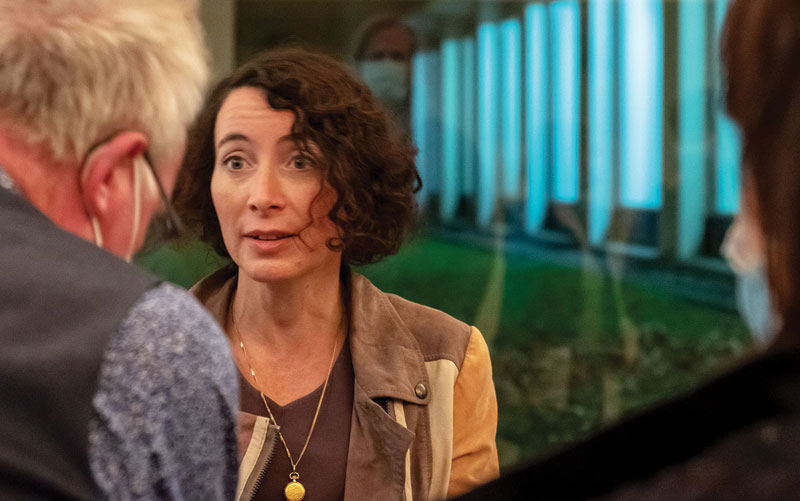
Ayelet Gundar-Goshen is an Israeli psychologist and novelist, whose most recent work, “The Wolf Hunt” is about an Israeli family that relocates to Northern California and must reckon with the impact of a series of antisemitic and racial hate crimes. Published in August 2023, the book took on new meaning after Oct. 7, when its questions about who is a victim, who is a villain and what are the limits of self-defense resonated with Israel’s wartime realities.
Jewish Journal: Like the protagonist of your novel, you’re currently living away from your home in Israel to do a residency at Stanford University. The past year hasn’t been the easiest time to be Israeli or Jewish on an American college campus. How’s your experience been so far?
Ayelet Gundar-Goshen: The experience at Stanford has been very good. I have students that completely disagree with my political views but we share the same classroom and we exchange ideas and this is how it should be. I heard what happened when [students] locked themselves in the President’s office [last spring] and that there was a time when it didn’t feel so calm for some other faculty and students, but in person I haven’t had any troubles.
JJ: Your novel, “The Wolf Hunt” is about a mother “hunting” for the truth about her son in the aftermath of a hate crime and discovering that perhaps, she may not know her child as well as she thinks she does. Why did you want to explore the idea that a mother’s intuition may not be all it’s cracked up to be?
AG-G: The novel came from the moment I took my daughter for her first day of preschool and I realized that she felt very confident and I was the one worried. I was looking at the other kids as potential threats, scanning the classroom as if I was trying to identify the wolf out there: Which one of these sweet little girls or boys might do or say something that would harm my daughter? Then I realized the other parents were doing the same thing, but they’re actually looking at my daughter. You realize that all of us are afraid of the same thing, but none of us stops to consider the possibility that it could be my child that is the wolf.
I came home and shared this disturbing thought with my partner. I asked him: If you had the choice of having [our daughter] be bullied or be the bully, what would you rather? And my partner said ‘Of course I prefer my child to be the bully rather than the victim.’ But for me, before Oct. 7, it wasn’t such a clear-cut answer.
JJ: Does that mean you have a clear-cut answer now?
AG-G: This question is far more prominent than it was before I wrote the novel. We’re all facing this question. I just hope [bully or victim] are not the only options we have to choose between.
JJ: For most of Jewish history there was deep anxiety around statelessness, not having a homeland. But in your book, Israel exists. And yet, when an Israeli family relocates to the U.S., the move creates anxiety around the ways living outside the land will change them. What is unique about the way Israeli Jews experience life in the Diaspora?
AG-G: Growing up in Israel, my Jewish identity was not something to maintain. It was part of the culture, the language you’re soaked in. Here, you realize Yom Kippur doesn’t exist unless you insist it exists. But when you’re in Israel, the entire country stops on Yom Kippur. The same words which are used in the Bible and to pray, you’re using them when you go to the market. But when I’m teaching here at Stanford, I’m away from my language, away from my culture. There’s something about immigration that leaves you wondering …
For so many years the ultimate Jewish dream was to get to the promised land and now that we have a promised land, the ultimate dream of many Israelis is to get to America and live the American dream. It causes a lot of guilt and shame. In previous generations, when somebody left Israel to go to America the word was “yerudim” — “downers.” It was viewed very negatively. Whereas aliyah means going up, something to be proud of. Now there’s been a huge shift. People relocating to America are considered the most successful, the unicorns. It’s history’s irony: We longed so much for the promised land and now that we finally have it, we switch the Jewish dream to the Israeli dream which is to live the American dream. Now many Israelis are choosing to go back and live in countries that Jews left [because of persecution] because they feel safer in those places than they do in Israel.
JJ: “The Wolf Hunt” raises questions about the assumptions we make around identities: Who is a victim? Who is a villain? Can a person be both at the same time? The book is ambiguous about any conclusions. What did you want to say about the messiness of ascribing labels to human beings or even groups of people?
AG-G: In the media today people are looking for very clear narratives of good guys and bad guys, but in real life it can be much more complicated. In the novel, the Israeli mom first learns that an African-American kid bullied her child and so she feels it’s antisemitic, that her child was bullied because of his Jewish identity and she feels like a victim. But at the same time, the child that bullied her child comes from a more deprived socioeconomic background. So it’s not very clear who is holding the power and who is powerless. I wanted to ask: Could it be that we are holding on to a certain identity – the identity of the good guy or the identity of the victim – because acknowledging the aggressiveness within our own group might be too challenging for us?
It goes back to the disturbing experience I had as a mom, automatically assuming that my girl is the sweet little cub that needs protection. And then asking: Could it be that she’s the mean girl that people need protection from? Could it be a different story I’m unwilling to face? This is what I wanted the reader to go through on the domestic level, on the parental level but also on the political level.
JJ: Your work is often described as “psychological” which is hardly a surprise given that you are also a psychologist. How do your two identities – psychologist and writer – inform one another?
AG-G: Both are driven from the motivation to ask questions. What makes us who we are? Yehuda Amichai has this beautiful line, “The clenched fist was once an open palm.” And that’s the best textbook for literature and psychotherapy. I see a clenched fist and I ask, “What happened to the open palm? What made it turn into a fist? How do I reopen the palm?”
JJ: During a lecture at the Nazarian Center for Israel Studies earlier this year, you mentioned that even though “The Wolf Hunt” came out before Oct. 7, it read very differently to you after Oct. 7. Why?
AG-G: It took me a long time to reconnect with my own work because it was too raw. I worked as a trauma therapist with survivors of the Nova party. After that, everything else felt irrelevant. How can we discuss love, or family, or identity in the face of such horrors? It took me a while to realize that to insist on my right to read and enjoy a novel, to insist that we have a right to enjoy art, is to insist that we will not be defined by the sum of our traumas. This is what Hamas wanted, for us not to do anything but be soaked in trauma. This book deals a lot with Jewish identity and Israeli identity and my identity was shaken after Oct. 7. I was scared in a way that I never felt before, in a way I only knew from books. It raised these questions: Is the only way of making sure your child will never be a victim to transform yourself into the victimizer? Or is there an alternative? These became life or death existential questions.
”It took me a while to realize that to insist on my right to read and enjoy a novel, to insist that we have a right to enjoy art, is to insist that we will not be defined by the sum of our traumas. This is what Hamas wanted, for us not to do anything but be soaked in trauma.”
JJ: After some of the hostages were released last November, you gave an interview in which you warned “This is not a happy ending” – because the survivors were traumatized, and therefore the difficult healing work had yet to begin. Are happy endings only for literature?
AG-G: I never trusted happy endings. Life doesn’t work that way. I love literature when it’s connected to life and not when it turns its back on life. It doesn’t mean that I think all endings are tragic; it’s about accepting the fact that it’s never whole; that there’s always going to be something broken there; and asking yourself: what do I do with the broken pieces? This is what I ask myself as an author and this is what I ask myself right now as an Israeli.








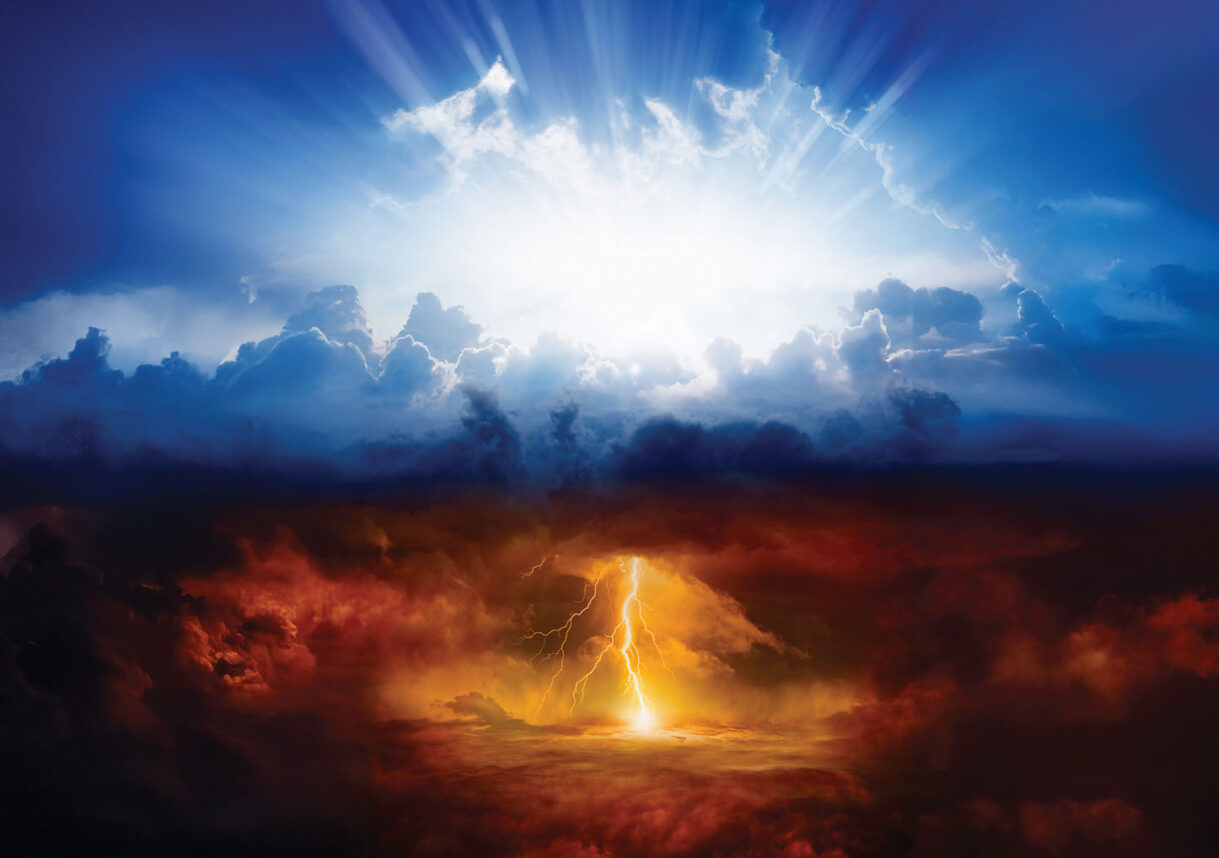

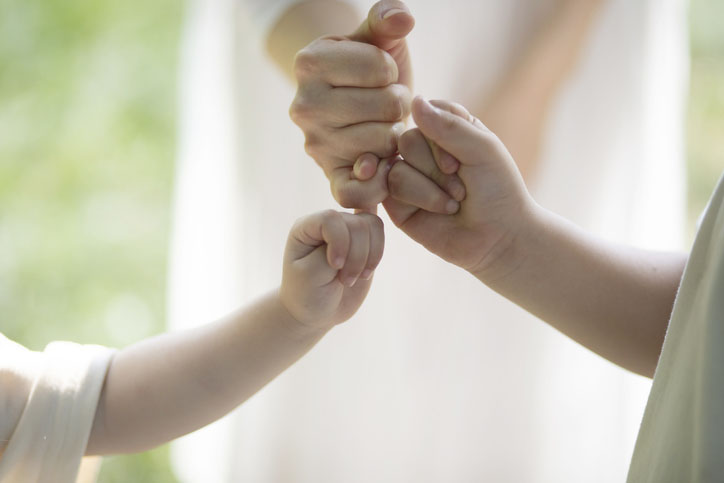
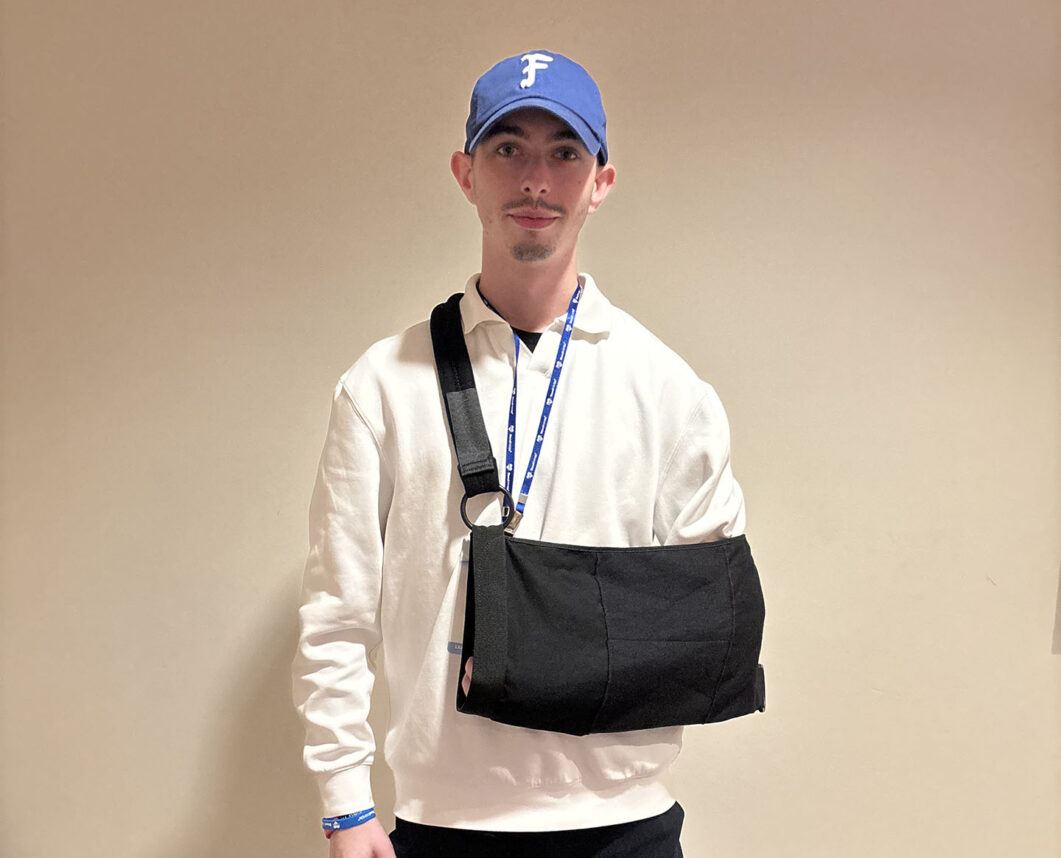
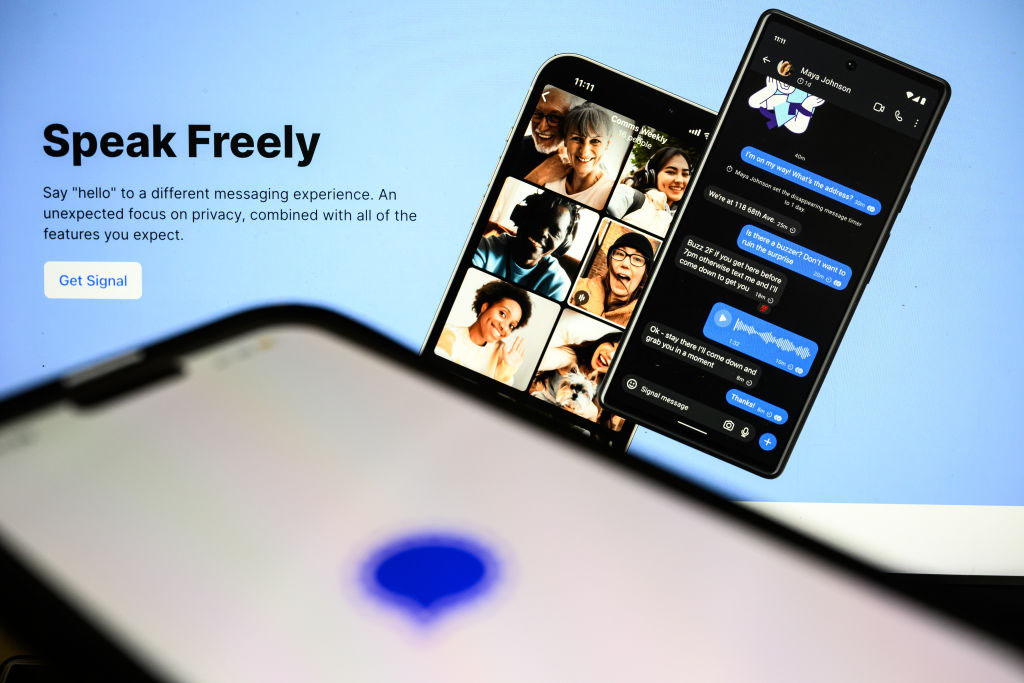

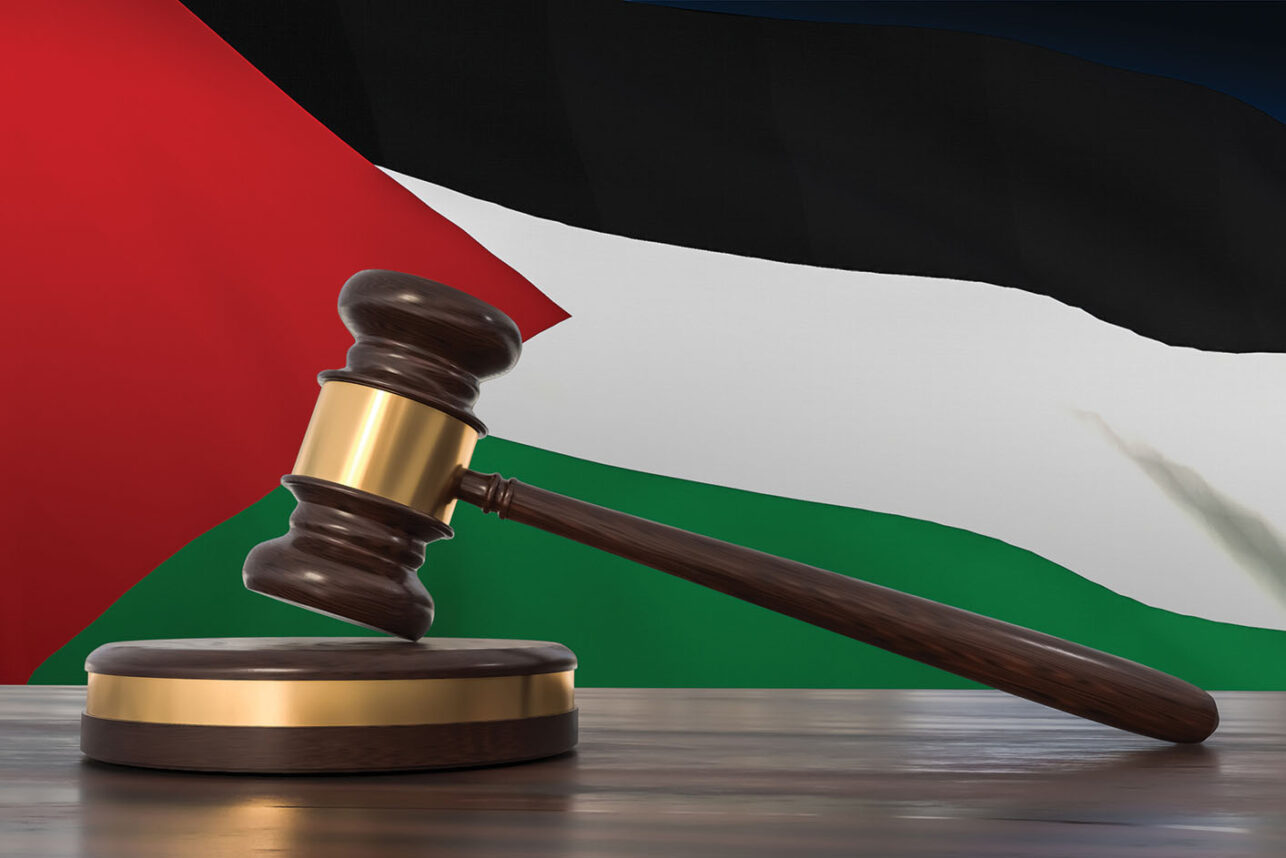
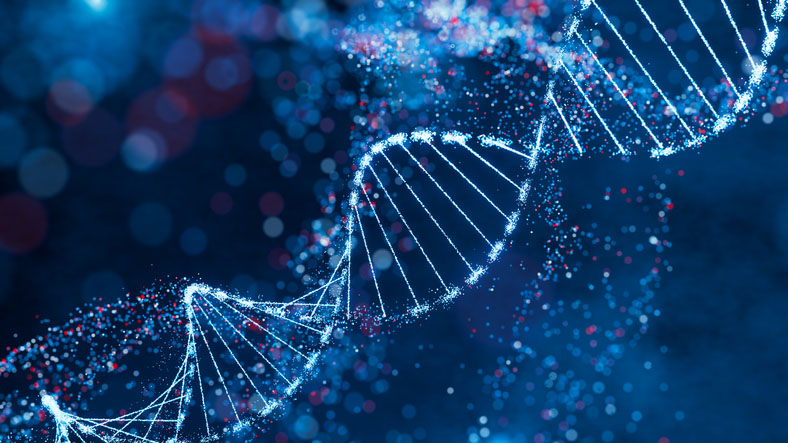
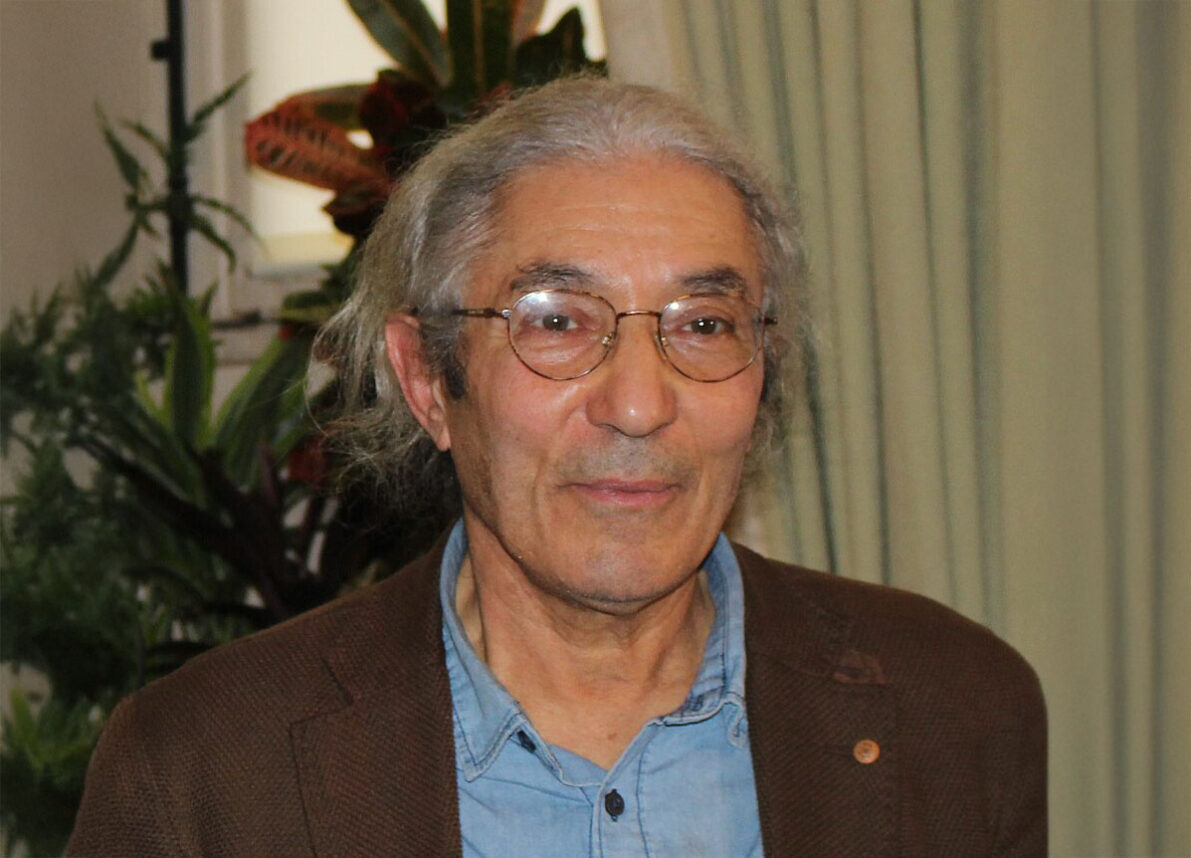






 More news and opinions than at a Shabbat dinner, right in your inbox.
More news and opinions than at a Shabbat dinner, right in your inbox.